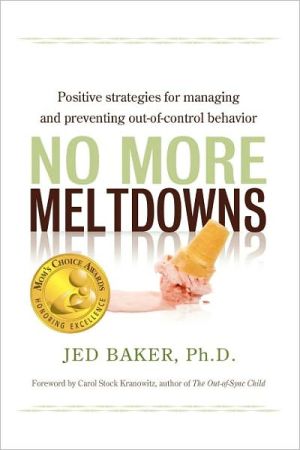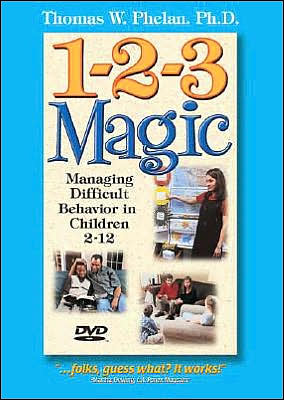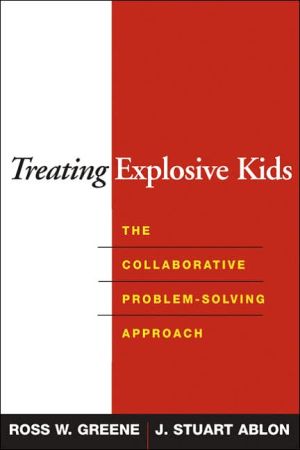No More Meltdowns: Positive Strategies for Managing and Preventing Out-of-control Behavior
It could happen at the grocery store. At a restaurant. At school. At home. Meltdowns are stressful for both child and adult, but Dr. Baker can help! Author of the award-winning Social Skills Picture Book series, Dr. Jed Baker offers parents and teachers strategies for preventing and managing meltdowns. His 20+ years of experience working with children on the autism spectrum, combined with his personal experiences raising his own children, have yielded time-tested strategies, and results! Dr....
Search in google:
If you have a child with challenging behavior problems, this book was written for you! Many components of Dr. Bakers approachbased on years of applied researchwere initially intended for children on the autism spectrum. However, over the years, he has discovered that they are equally applicable to all children with behavior problems. In the first two chapters you will learn what a meltdown is and why children have them. In the subsequent eight chapters, you will learn what to do about them. This book offers logical, flexible strategies for dealing with out-of-control behaviors.
Foreword ixIntroduction xiiiThe ProblemChapter 1Meltdowns: When rewards and punishments are not enough 3What is a meltdown?The usual parenting advice: start with rules and consequencesThe limits of discipline: when rewards and punishments no longer workBut aren't meltdowns just manipulative behavior?Can we really expect no more meltdowns?An overview of the four-step model for reducing meltdownsChapter 2What are meltdowns made of? 13Fight, flight or freeze responseTemperamentDifficulties with abstract thinking and perspective takingInflexibilityAn explosive combinationThe SolutionChapter 3Accepting and appreciating our children 23Controlling our own frustrationBuilding competenceAvoiding learned helplessnessThe 80/20 ruleAnticipating frustration as part of learningWhen to avoid power strugglesChapter 4De-escalating a meltdown 35How to de-escalate a meltdownDistractionsWhen too much distraction can make things worseHelping children find their own distractions and calming strategiesSteps for creating self-calming strategiesChapter 5Understanding why repeat problems occur 47Understanding the triggersThe ABCs of behavior: Antecedent, Behavior, ConsequenceGetting the ABCs: Interviews and observationsSeeing the patternChapter 6Creating a prevention plan 57The components of a good prevention planAprevention plan for KevinThe four types of meltdown situationsPlans for the Four Types of Meltdown SituationsChapter 7Demands 69Do your schoolworkTry it, it's deliciousHurry up, the bus is comingClean upLet's go to the partyChapter 8Waiting 93Just waitYou can't always get what you wantOkay, time to stop playingChapter 9Threats to self-image 109Winning isn't everythingIt's okay to make mistakesBut names will never hurt youChapter 10Unmet wishes for attention 125I can't play with you nowDon't be jealousTime to go to bedChapter 11Closing thoughts: Finding your own way 145Prevention plan formReferences 149







